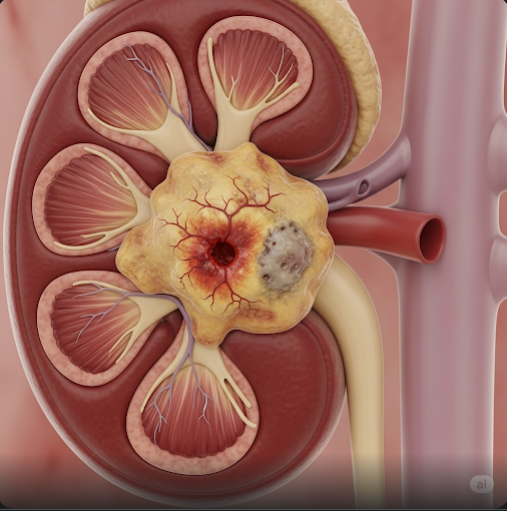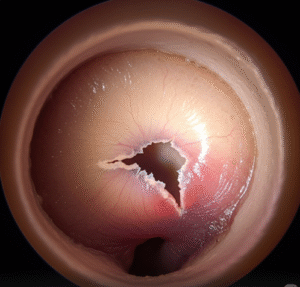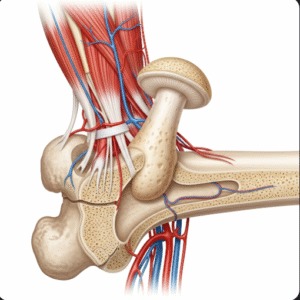Overview
Kidney cancer, also known as renal cancer, is a malignant tumor that originates in the kidneys, the organs responsible for filtering blood and producing urine. It accounts for approximately 2-3% of adult cancers worldwide. The most common type is renal cell carcinoma (RCC), which arises from the lining of the small tubes in the kidney. Early-stage kidney cancer may not cause symptoms, but advanced disease can lead to pain, blood in urine, and systemic effects. Korea is renowned for its cutting-edge oncology centers, offering advanced diagnostic tools and innovative treatments including minimally invasive surgery, targeted therapies, and immunotherapy to improve patient outcomes.
What Is Kidney Cancer?
Kidney cancer refers to the uncontrolled growth of abnormal cells within one or both kidneys. The majority of kidney cancers are renal cell carcinomas, which start in the proximal tubules of the kidney’s filtering system. Other less common types include transitional cell carcinoma affecting the renal pelvis and Wilms tumor, primarily seen in children. Kidney cancer can grow silently and may spread to other organs such as the lungs, bones, or liver if untreated.
Symptoms
Kidney cancer often remains asymptomatic in early stages. When symptoms appear, they may include:
- Blood in the urine (hematuria), which may be visible or microscopic
- Persistent pain or discomfort in the side or lower back
- A palpable mass or lump in the abdomen or flank
- Unexplained weight loss and fatigue
- Fever that is not caused by infection
- Swelling in the legs or ankles due to fluid retention
- High blood pressure or anemia in some cases
Causes
While the exact cause of kidney cancer is not fully understood, several factors can contribute to its development:
- Genetic mutations that cause abnormal cell growth
- Exposure to carcinogens such as tobacco smoke and certain chemicals
- Chronic kidney diseases and long-term dialysis
- Obesity and high blood pressure increasing cancer risk
- Family history of kidney cancer or genetic syndromes like von Hippel-Lindau disease
Risk Factors
- Smoking, which doubles the risk of kidney cancer
- Male gender, as men are more frequently affected
- Age over 50 years, with incidence increasing with age
- Obesity and sedentary lifestyle
- Hypertension and use of certain medications
- Exposure to occupational chemicals such as asbestos or cadmium
- Family history of kidney cancer or inherited genetic disorders
Complications
- Metastasis to lungs, bones, liver, and brain
- Kidney failure if both kidneys are affected or after surgery
- Paraneoplastic syndromes causing systemic symptoms unrelated to tumor size
- Recurrence after treatment requiring further interventions
Prevention
While not all kidney cancers can be prevented, risk reduction is possible through:
- Avoiding tobacco use
- Maintaining a healthy weight and active lifestyle
- Controlling high blood pressure and diabetes
- Limiting exposure to harmful chemicals
- Regular health screenings, especially for those with family history or risk factors
Treatment Options in Korea
Korea offers world-class medical care for kidney cancer with an emphasis on personalized treatment strategies:
- Surgical Treatments:
- Partial Nephrectomy: Removal of the tumor while sparing healthy kidney tissue, preferred for small or localized tumors.
- Radical Nephrectomy: Complete removal of the affected kidney, sometimes including surrounding tissue and lymph nodes.
- Minimally invasive techniques such as laparoscopic and robotic-assisted surgery reduce recovery time and complications.
- Targeted Therapy: Drugs that specifically attack cancer cell growth pathways, such as tyrosine kinase inhibitors (e.g., sunitinib, pazopanib), used especially in advanced or metastatic cases.
- Immunotherapy: Treatments that stimulate the body’s immune system to recognize and destroy cancer cells, including immune checkpoint inhibitors.
- Radiation Therapy: Though less commonly used for primary kidney cancer, it may help manage symptoms or metastatic sites.
- Clinical Trials: Korea’s leading cancer centers participate in innovative clinical trials offering access to new treatments.
- Multidisciplinary Care: Patients receive comprehensive management involving oncologists, urologists, radiologists, and supportive care teams.
Advanced diagnostic imaging like CT, MRI, and PET scans, along with biopsy and molecular profiling, allow precise staging and treatment planning. Korea’s emphasis on early detection and integrated care contributes to improved survival rates and quality of life.













